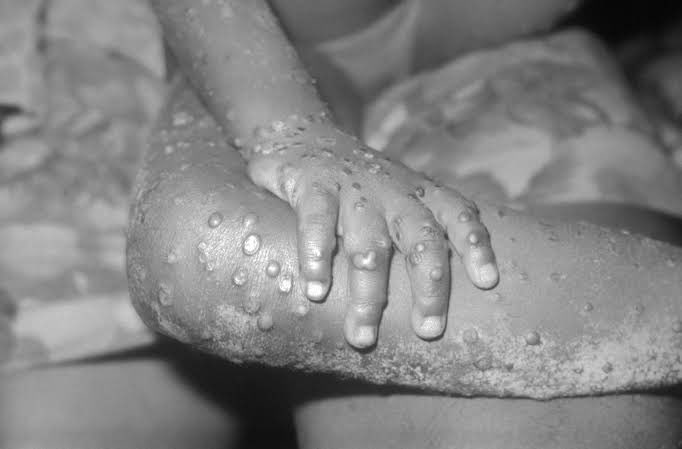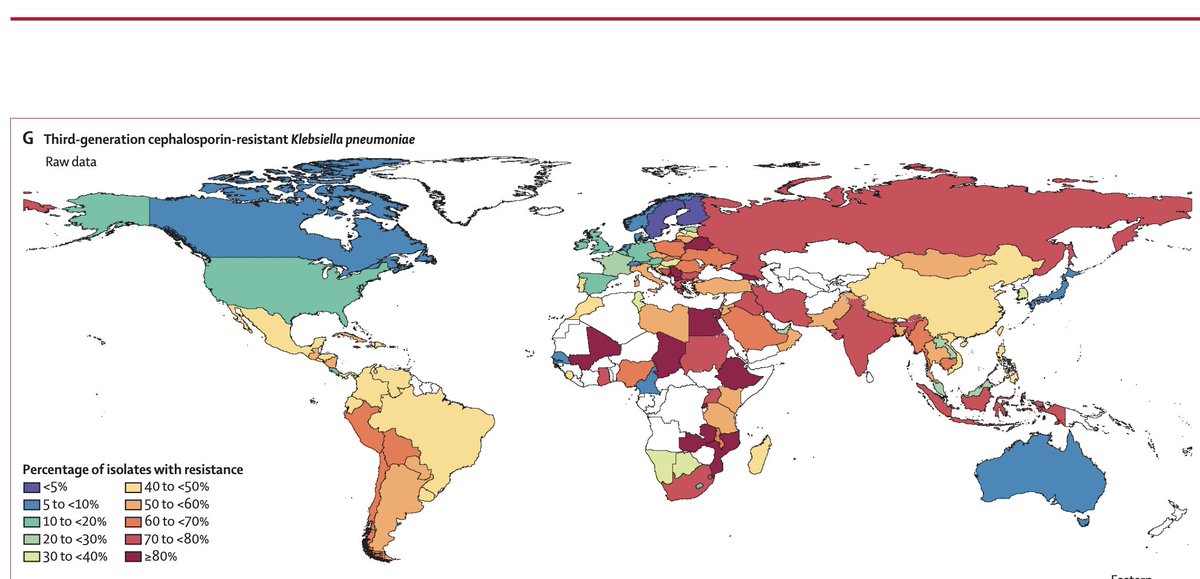
#FeversInChildren
Since schools opened he’s constantly unwell
Is it normal for kids to get fevers every week?
There must be something you can give to boost her immunity?
He always has this cold,the cough hasn’t left him
We’re swimming high tides of cough, cold and fevers
1/n
Since schools opened he’s constantly unwell
Is it normal for kids to get fevers every week?
There must be something you can give to boost her immunity?
He always has this cold,the cough hasn’t left him
We’re swimming high tides of cough, cold and fevers
1/n
#KidsSickTooOften
Paediatricians across the country are running busiest of OPDs, juggling bed availability in wards and PICUs and even falling sick themselves more than ever before
Parents are at their wits end
Classrooms are half empty on some days 2/n
Paediatricians across the country are running busiest of OPDs, juggling bed availability in wards and PICUs and even falling sick themselves more than ever before
Parents are at their wits end
Classrooms are half empty on some days 2/n

#RespiratoryViruses like #RSV, rhino, #influenza, parainfluenza,
human metapneumo, boca,coronavirus,adeno, enterovirus and #bacteria like strep pneumoniae, pertussis, haemophilus, mycoplasma etc were in constant low level circulation or saw seasonal outbreaks but now.. 3/n
human metapneumo, boca,coronavirus,adeno, enterovirus and #bacteria like strep pneumoniae, pertussis, haemophilus, mycoplasma etc were in constant low level circulation or saw seasonal outbreaks but now.. 3/n

#WeWereInAProtectiveBubble
Reduced human to human contact during lockdowns, school closures, masking and other covid protective measures (NPI - non pharmacological interventions) which crucially saved lives and tamed the pandemic had kept them out of circuit for a long time 4/n
Reduced human to human contact during lockdowns, school closures, masking and other covid protective measures (NPI - non pharmacological interventions) which crucially saved lives and tamed the pandemic had kept them out of circuit for a long time 4/n
Children’s immune systems have never met them up close and thus haven’t been schooled to ward them off
The floodgates opened up when we returned to ‘normalcy’ and went back to schools. The current surge is being seen as a #payoff time of this #ImmunityDebt 5/n
The floodgates opened up when we returned to ‘normalcy’ and went back to schools. The current surge is being seen as a #payoff time of this #ImmunityDebt 5/n

From New Zealand to Japan, from France to India there are reports of unusual or unseasonal surges of respiratory viral and bacterial infections in kids that are testing healthcare systems
The #hygienehypothesis is also at play may see increase in allergies and asthma too 6/n

The #hygienehypothesis is also at play may see increase in allergies and asthma too 6/n


What can be done?
1.Continue to follow precautions like masking and hand hygiene
2.Keep schools open, have kids return to classes as soon as they are able to
3.Schools need to plan for absences and bridge the gaps
4.Catch up on any missed out routine vaccines 7/n
1.Continue to follow precautions like masking and hand hygiene
2.Keep schools open, have kids return to classes as soon as they are able to
3.Schools need to plan for absences and bridge the gaps
4.Catch up on any missed out routine vaccines 7/n
5.Understand danger signs and seek medical attention
6.Weather it out, we are in unprecedented times. We are still understanding the changed dynamics and maybe wiser in months to come 8/n
6.Weather it out, we are in unprecedented times. We are still understanding the changed dynamics and maybe wiser in months to come 8/n
Recurrent #Fever and frequent illness in children over last few months: There is nothing terribly wrong with your child, their immune system is having a crash course and will hopefully get out of that revolving door soon!
n/n
n/n
• • •
Missing some Tweet in this thread? You can try to
force a refresh














